Washington split on Iran deal revival as Vienna talks limp forward in absence of US ‘political decision’
With talks on salvaging the 2015 Iran agreement in the “final stretch,” Washington’s dysfunction-- characterized by deep political divides and partisan squabbling-- has made it increasingly difficult for the Biden administration to make tough political decisions necessary for the United States to return to compliance with the deal it abandoned four years ago.
The eighth round of talks between Iran and the P4+1 group of countries resumed in the Austrian capital of Vienna on Tuesday after a 10-day break. The two sides have bridged some gaps, but differences remain.
US officials threw another wrench in the diplomatic process on Wednesday as they said the administration of President Joe Biden now believes it has until the end of February to reach an agreement or it will have to change tack.
“This session is the critical one,” a senior administration official said, referring to the resumption of talks in Vienna, CNN reported. “We are genuinely in the very final stretch,” the official said.
Tehran says it is committed to negotiating a “lasting, reliable agreement” in the shortest time possible, but insists that it will not be bound by “artificial deadlines.” Moscow and Beijing have also indicated that setting such deadlines is unconstructive.
An analysis published by Nour News, affiliated with Iran’s Supreme National Security Council (SNSC), argued that the US and its European allies have been trying to fake a goodwill gesture and a willingness to reach an agreement so as to intensify pressure on the Iranian negotiating team and impose their maximalist demands on Tehran.
The article noted that Western officials are trying to convince the public opinion that a deal hinges on the determination and political decisions of the Islamic Republic. Iranian officials, however, point to divisions in Washington as the underlying reason why the negotiations are dragging on in Vienna.
In a letter to President Biden on Monday, a group of 33 Republican senators led by Sen. Ted Cruz of Texas asserted that any deal with Iran on reviving the Joint Comprehensive Plan of Action (JCPOA) requires congressional approval.
The senators warned Biden that they will do everything in their power to block a possible deal if he moves forward without them. They warned that the “implementation of any agreement will be severely if not terminally hampered” in that case.
Any deal that does not have the congressional approval, they continued, would be “subject to being reversed” as soon as there is a new president.
That prompted Iran’s top security official, Ali Shamkhani, to say that voices coming from the US suggest that “there is no coherence in that country to make political decisions” on the fate of the Iran deal.
The letter followed weeks of attempts by the Biden administration to shirk responsibility for Washington’s 2018 withdrawal from the JCPOA, and instead, blame Iran for an alleged failure to take “political decisions” to revive the deal.
“We made progress narrowing down the list of differences to just the key priorities on all sides. And that's why now is the time for political decisions,” a senior US official said.
Trump unilaterally left the JCPOA in May 2018 and re-imposed the sanctions that the deal had lifted. He also placed additional sanctions on Iran under other pretexts not related to the nuclear case as part of his “maximum pressure” campaign.
In May 2019, following a year of strategic patience, Iran began accelerating its nuclear program, resorting to its legal rights under the JCPOA, which grants a party the right to suspend its contractual commitments in case of non-compliance by the other side.
The Biden administration says it is willing to compensate for Trump’s mistake and rejoin the deal, but it has retained the sanctions as leverage in the talks.
Iran ready to cash JCPOA check
Tehran has said it will fully commit to an agreement reached in Vienna, the same way it fulfilled all of its obligations under the JCPOA – as repeatedly verified by the International Atomic Energy Agency (IAEA) – even a year after the US withdrawal.
Iranian Foreign Ministry spokesman Saeed Khatibzadeh said on Monday that a deal can be immediately reached if the US and other JCPOA signatories provide guarantees that they will honor the deal.
“In recent weeks, Iran has done what it had to do, and much depends on the decisions of the other side,” Khatibzadeh stressed.
Khatibzadeh also advised the US delegation to continue the talks in Vienna with a “clear agenda” and after necessary “political decisions” to restore the JCPOA had been made.
Iran’s Foreign Minister Hossein Amir-Abdollahian was recently quoted as saying that “the Islamic Republic is seeking to cash the JCPOA’s check and does not agree to less than the JCPOA” in Vienna.
Answer the question!
Back to the US, the latest developments suggest that partisan clashes over the JCPOA remain far from resolved.
Early this week, US State Department Ned Price was grilled on whether the administration’s latest restoration of the so-called “civ-nuke” sanctions waivers benefits Iran in any way.
“I am saying that the net benefit of this is a nonproliferation benefit for us,” Price said in response to a question on the waivers. “Matt, you don’t need to raise your voice.”
“Answer my question: Does Iran benefit at all from the waivers that were signed?” the questioner pressed ahead, after posing the same question several times.
Every single time the question was asked, Price tried his utmost not to give a precise answer, in an embarrassing encounter that clearly demonstrated the Democratic administration’s fear of appearing weak before its Republican rival.
“You will need to ask the Iranian government whether they think this is a benefit to them,” he said, hinting at Tehran’s dismissal of the restoration of the waivers as insignificant.
Top Republican figures, including Cruz, have in recent months warned that any future Republican president would “tear up” the Iran deal again, saying any agreement on the issue needs to receive the approval of the Senate, “Which Biden knows will NOT happen.”
Tehran, seeing the developments in the US in addition to its experience of a US withdrawal, demands firm guarantees that the US will not tear up a potential agreement again – a demand that the Biden administration itself admits it cannot fulfill.
Kabul rocked by explosions as Pakistan launches airstrikes
Iran Armed Forces warn US of severe consequences for any aggression
VIDEO | Iran, US move ‘closer to agreement’ after ‘serious, longest’ round of talks: FM
Israeli army chief privately warns of cost of new war with Iran: Report
IRGC official: US buildup, psychological tactics aim to 'swallow Iran again'
Iran’s three-man team captures triple gold at UWW ranking series in Tirana
Iranian academic sentenced to 4 years in prison in France for supporting Palestine
VIDEO | Press TV's news headlines


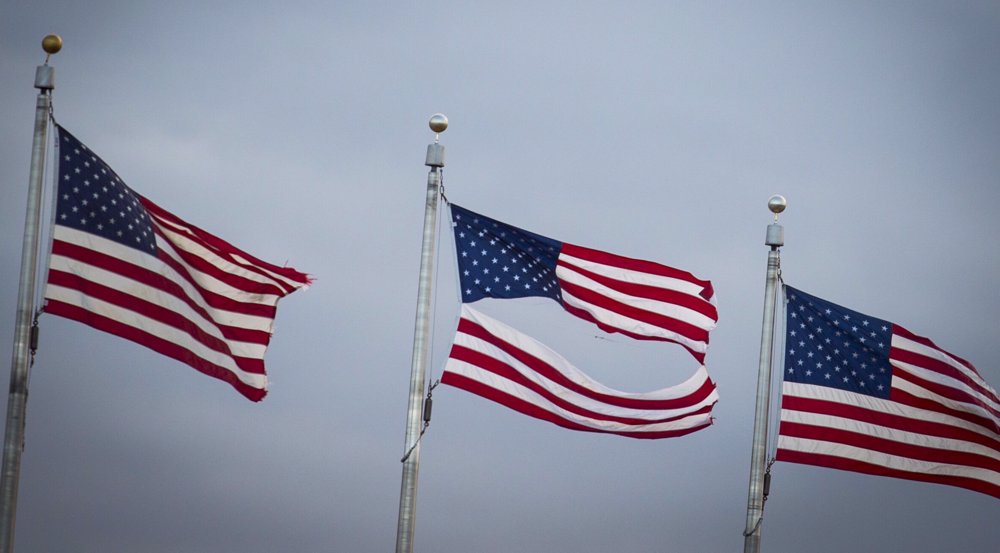

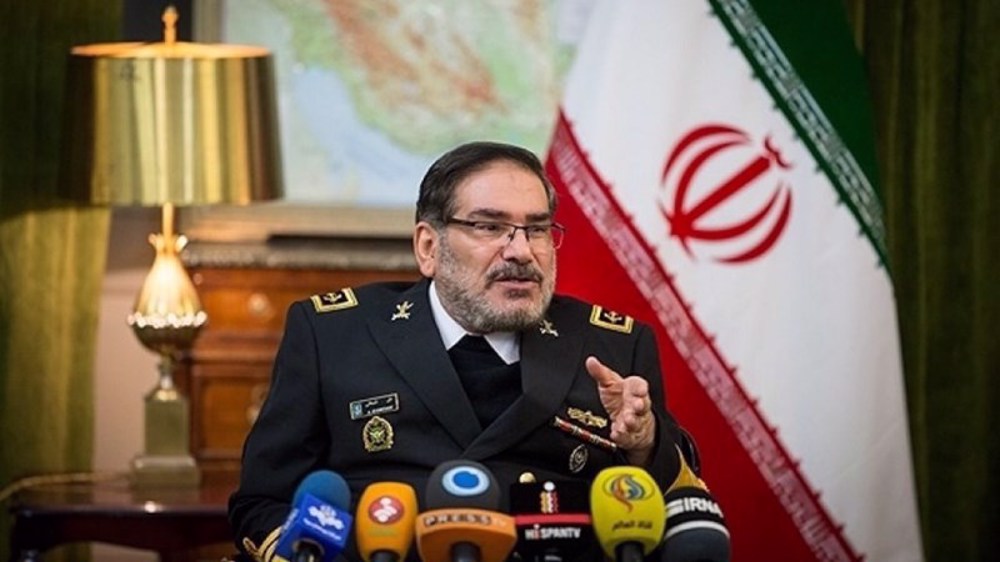
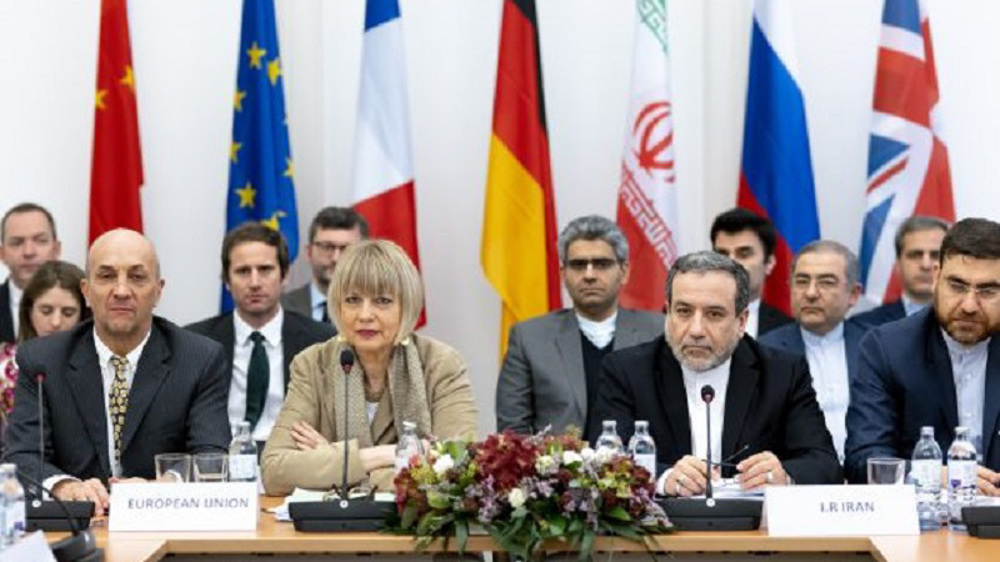
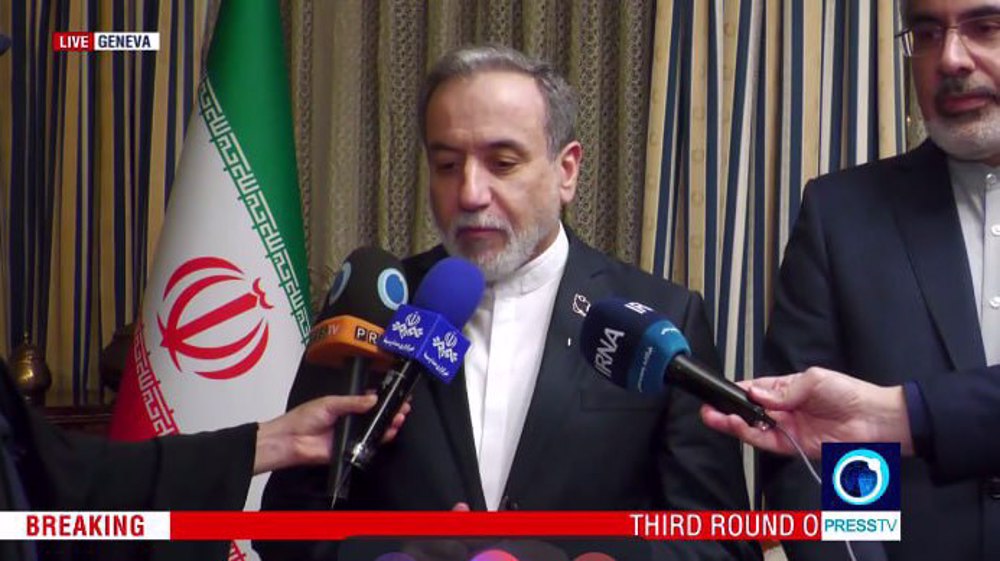

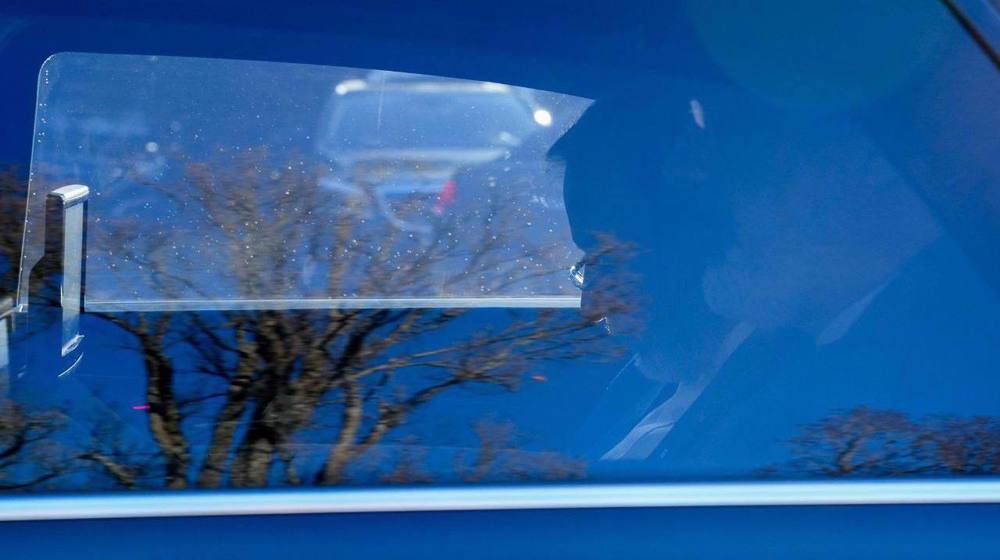



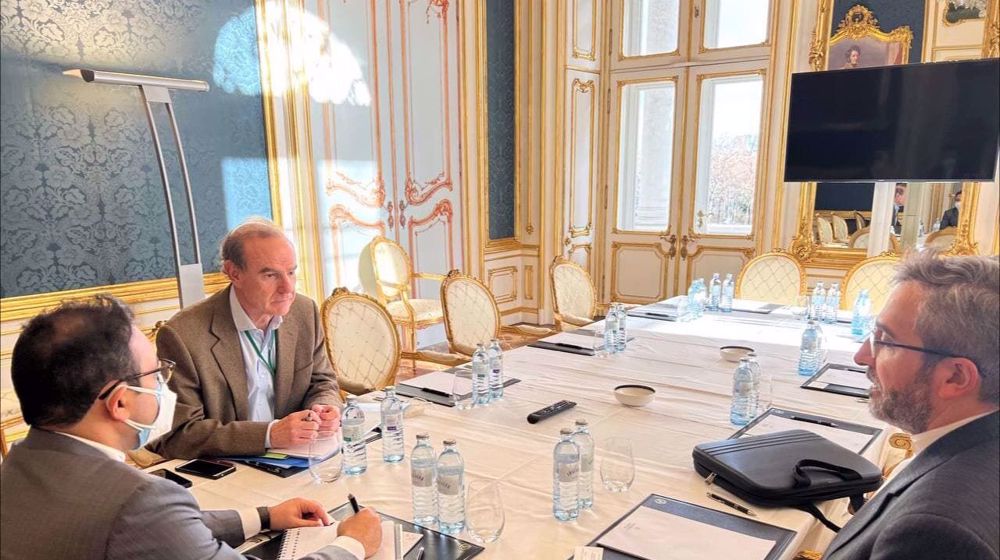
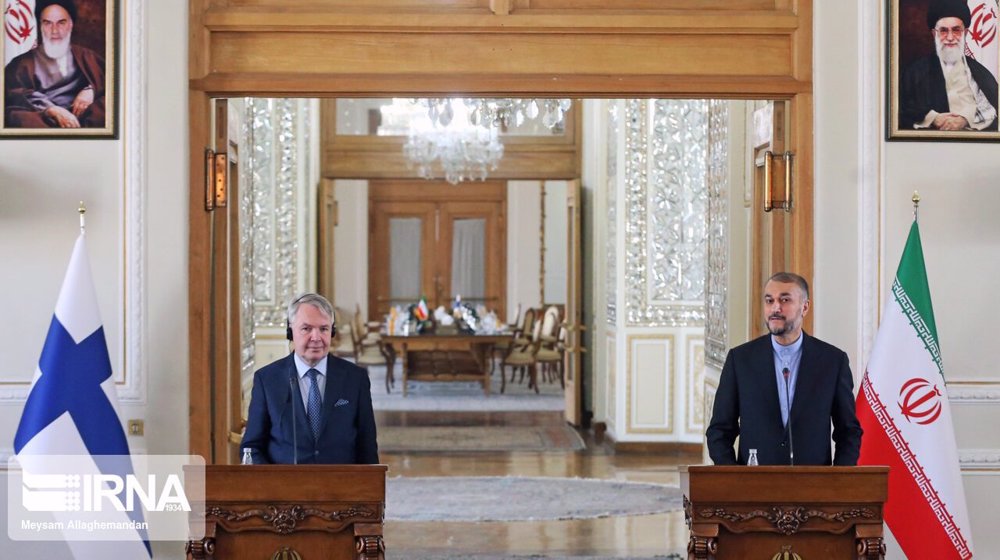
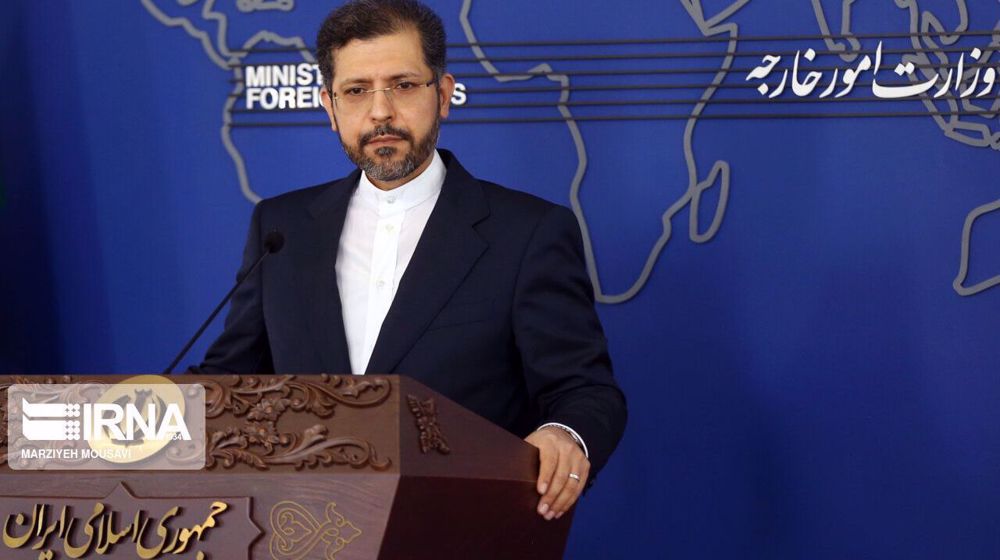
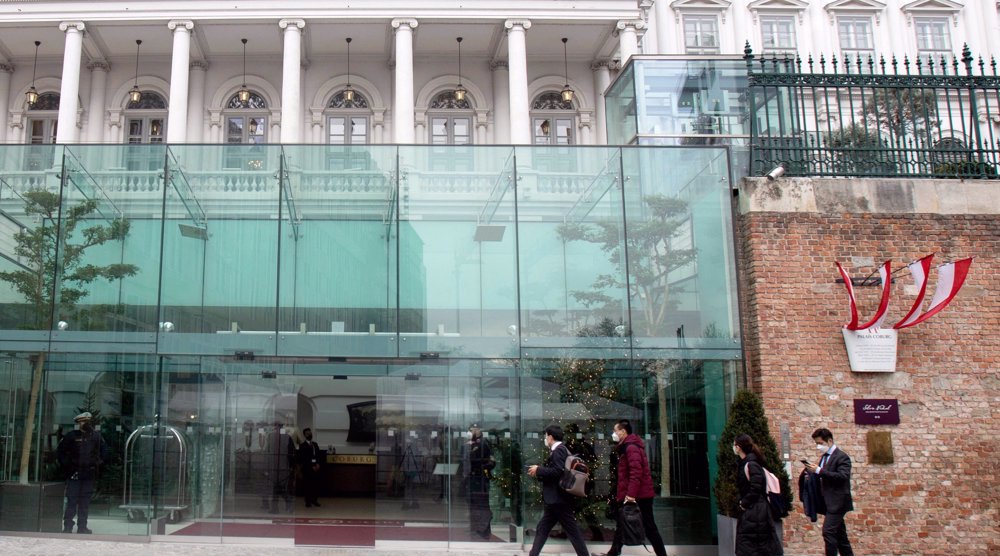
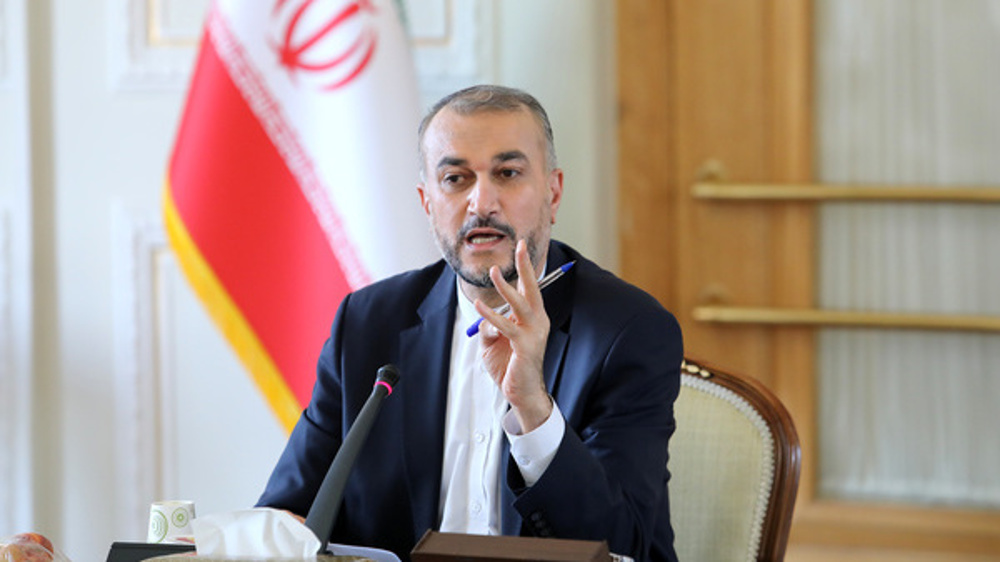

 This makes it easy to access the Press TV website
This makes it easy to access the Press TV website